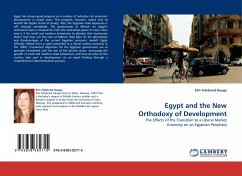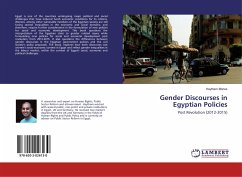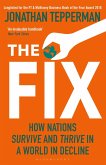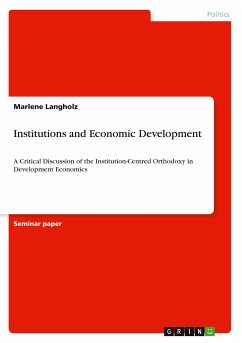Egypt has shown good progress on a number of indicators for economic development in recent years. This progress, however, seems only to benefit the higher strata of society. Also, the Egyptian state apparatus is still strongly centralised. The governorate of Matruh on Egypt's northwest coast is situated far from the centralised power in Cairo. How easy is it for small and medium enterprises to develop their businesses there? And how can the case of Matruh shed light on the advantages and disadvantages of the current Egyptian economic model? Egypt officially shifted from a state-controlled to a liberal market economy in the 1990s. Proclaimed objectives for the Egyptian government are to promote investment and the size of the private sector, encourage the growth of small and medium sized enterprises, and have all areas of the country take part in development on an equal footing through a comprehensive decentralisation process.
Bitte wählen Sie Ihr Anliegen aus.
Rechnungen
Retourenschein anfordern
Bestellstatus
Storno








